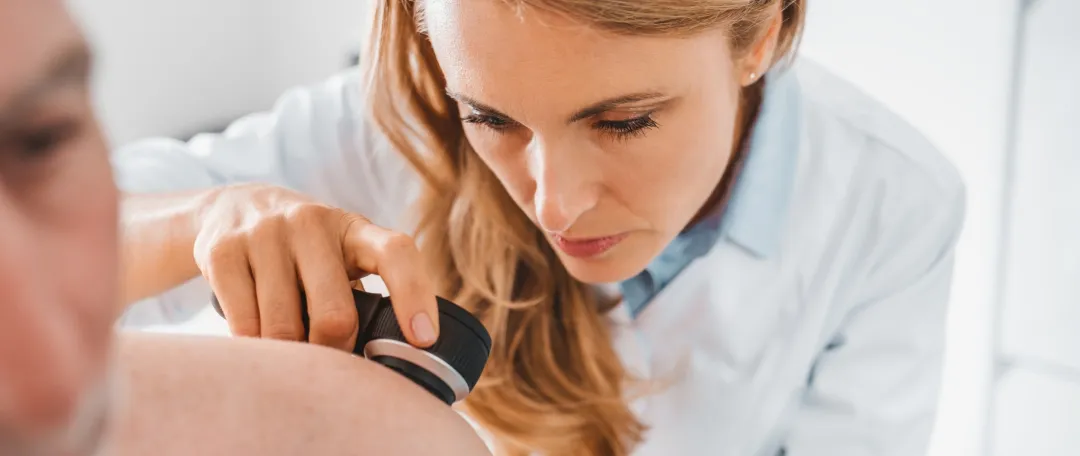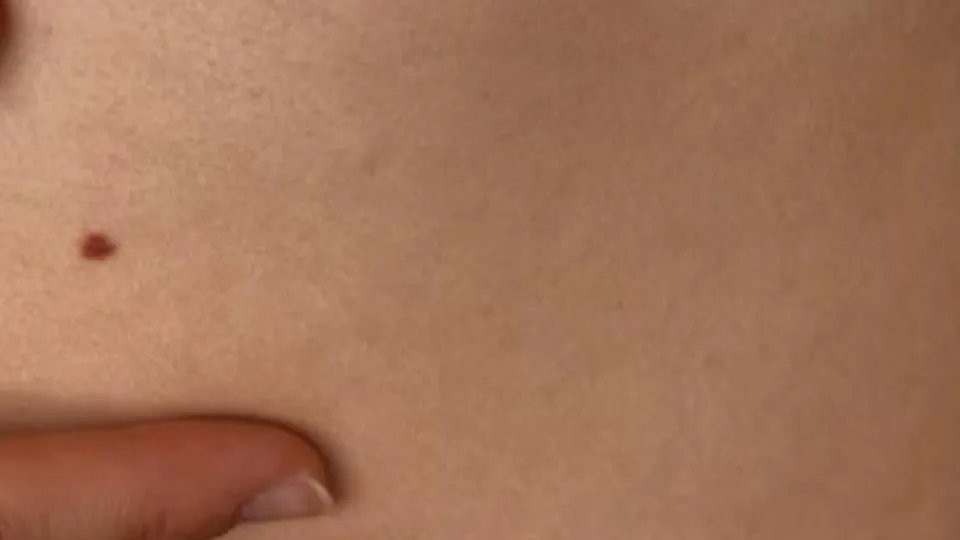Skin checks
Skin checks are a standard service offered by all our medical centres. If you or a family member are experiencing skin conditions that worry you, please book an appointment with one of our clinicians. They can assess your skin and offer treatment options to help ease any symptoms.
We recommend regular self-checks throughout your life. Please keep an eye out for any skin changes, especially to existing moles or new growths. Identifying potential issues early is crucial so that they can be effectively and swiftly treated.
What is skin cancer?
Skin cancer is one of the most common cancers in New Zealand, accounting for 80% of all new cancers. It occurs when abnormal cells grow uncontrollably in the skin. This can manifest in various forms, including melanoma and non-melanoma skin cancers.
If you notice any changes in your skin—such as new growths, changes in existing moles, or persistent sores—it's important to seek professional evaluation. A thorough skin check by a healthcare provider is a proactive step in protecting your health.

What is melanoma?
Melanoma is a type of skin cancer that occurs when the pigment-producing cells in the skin, called melanocytes, begin to grow uncontrollably. It is the most aggressive form of skin cancer and can spread to other parts of the body if not detected early.
New Zealand has one of the highest incidence rates in the world due to high levels of ultraviolet (UV) radiation. Melanoma typically starts as a mole or skin growth but can also develop in other areas.
Early detection through regular skin checks and sun protection measures—including sunscreen, protective clothing, and avoiding excessive sun exposure—are crucial to reducing its impact.
Common signs to look for on your skin
Skin cancer can present itself in various ways. Common signs to look out for include:
- New moles or growths on the skin
- Changes in size, shape, or colour of existing moles
- Moles that are asymmetrical or have irregular borders
- Variations in colour within a mole
- A mole or spot that looks different from others on your body
Skin check appointment with a GP
If you notice one or more of the above changes on your skin, book an appointment with your GP. They will look at the area(s) of concern and advise what the next steps are. It’s important you share any relevant history about your skin, including any family history of skin cancer.
The next steps may include seeking a second opinion from a colleague or expert advice. Depending on the diagnosis and the clinic’s in-house expertise, they may book you for a minor operation in the practice to have the mole removed or refer you to a secondary care specialist service for further assessment, biopsy or removal.

Other skin conditions
What is eczema?
Eczema is a condition that causes your skin to become dry, itchy, and bumpy. This condition weakens your skin’s barrier function, which is responsible for helping your skin retain moisture and protect your body from outside elements.
Eczema is a common skin condition in New Zealand, with 6% of the population suffering from it—one of the highest rates worldwide. There are treatment options available to reduce symptoms. Book an appointment with your GP to learn more.
What is dermatitis?
Dermatitis is a common condition that causes inflammation of the skin. It can cause itchy, red, dry skin that can become blistered or swollen. Many different skin conditions cause dermatitis.
It can be caused by irritants, genetics, infection, allergy, or injury to your skin. Dermatitis isn't contagious, but it can be very uncomfortable. Depending on the type of dermatitis, several treatment options are available. The first step is an accurate diagnosis by your GP.
What is psoriasis?
Psoriasis is a chronic (ongoing) skin condition that causes red patches of skin covered with silvery scales. It most commonly appears on people’s knees, elbows, trunks, and scalp.
Affecting 2% of adults, it’s estimated that 90,000 New Zealanders have psoriasis. This condition tends to go through cycles—flaring for a few weeks or months, then subsiding. While there is no cure, many effective treatments can keep it under control and prevent flare-ups, allowing you to lead a quality life. Talk to a GP today if you suspect you may have psoriasis.
How to access our services
Book an appointment
Become an enrolled patient to easily book an appointment with us online, or by contact our closest medical centre to you.
Resources and education
There are some great resources and tools available online. Here are our top recommendations:
